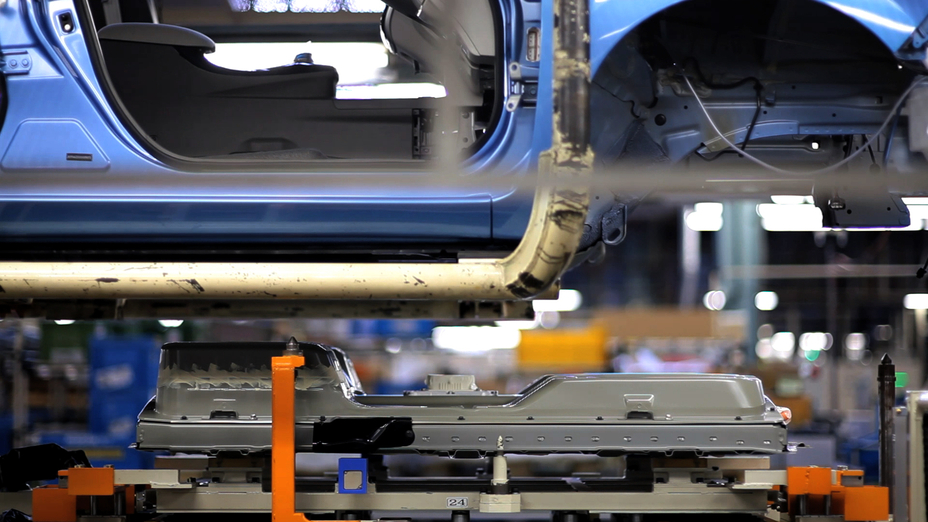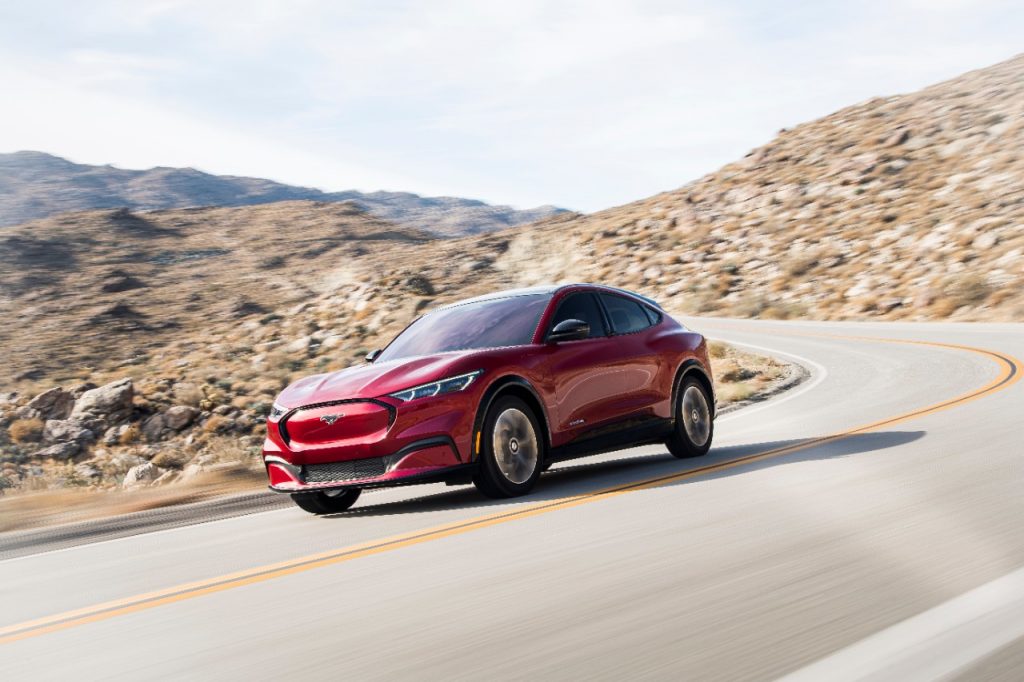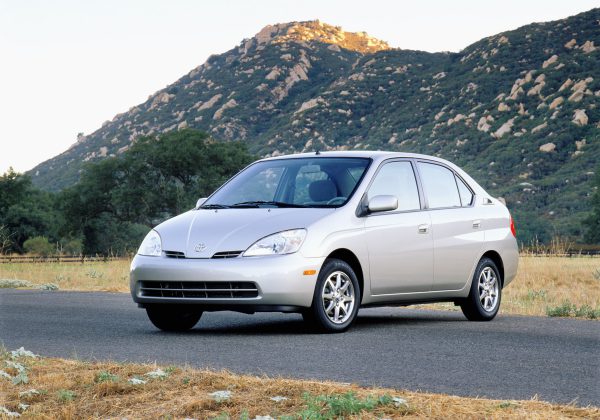
If you read our earlier post on How Long Does it Take to Charge an Electric Vehicle, then you may already know our pithy initial response: It depends.
But that’s not to say there aren’t some predictors that can be used for guidelines. So let’s talk about a few factors that address the question of electric vehicle battery life.
Note: We know there’s a difference between a hybrid vehicle and an electric vehicle, but in terms of battery care, most of the topics below apply to both. That said, we often just use the term “electric vehicle” or “EV,” instead of hybrid in this story—simply for brevity’s sake.
Factors That Impact EV Battery Life
Just like there’s no definitive cap on the life expectancy of an internal combustion engine, there’s no way to accurately predict when an EV battery will fail. But there are some factors that can directly contribute to a battery’s lifespan—and don’t be surprised if you notice that a lot of them apply to other types of batteries too, including a traditional car battery or the battery in a laptop or smartphone.
- Driving/Charging Cycle
For starters, the vehicle’s charging cycle (how often the vehicle’s being charged up) can impact EV battery life. While it may sound counter intuitive, frequently charging a battery can shorten its lifespan. For instance, EV owners may habitually plug in their EVs to charge overnight—even when the battery already has a relatively full charge. A good rule of thumb is to charge the battery only when it needs it.
- Environment/Temperature Extremes
This is something a lot of gearheads already know: extreme heat or cold can wreak havoc with a battery. That’s true of hybrid and electric vehicles as well. When possible, it’s best to store these vehicles in a garage, insulated from regular freeze and thaw cycles. Obviously that’s not always possible and you can’t avoid the weather, but it’s important to understand that an electric vehicle in a mild climate might enjoy a longer battery service life than say, an EV that lives in northern Minnesota or southern Texas.
- High-Current Rapid Charging
While it’s mighty convenient to quickly “top-off” your EV at one of those fancy rapid chargers, remember that you’re slamming a lot of amperage into your EV’s battery—which can be detrimental to its health. Though it isn’t always practical to forego those high-power charging stations entirely, you may want to use them only when you need the advantages of a fast charge (just like the charging cycle note above).
- Maximum or Minimum States of Charge
Here’s another one that gearheads may be familiar with: don’t give your battery a near-death experience. Each time it’s deeply discharged, it becomes more difficult for a battery to recover from it. The same holds true for overcharging. Perhaps more importantly, routinely driving an EV at a really low charge state can quickly shorten its service life.
- Driving Style/Power Usage
Pretty enthusiastic with your throttle? You may wanna dial it back a tad. In general, batteries don’t like to be drained quickly and that’s true of EVs as well. While mashing the go pedal gives you that delightful insta-torque that EVs are famous for, smooth, gradual throttle inputs can go a long way to ensuring a happy, healthy battery.

Signs of a Failing EV Battery
Believe it or not, the smartphone era has conditioned us to be able to spot the signs of a failing battery. As a smartphone user, ever have it go from a 95% charge to 10% charge in, like, five minutes? Did your phone suddenly stop getting to full charge? Does it take forever to charge up?
Well, those familiar warning signs can also apply to an electric or hybrid vehicle battery as well.
And if your EV’s range just took a hit or if it feels sluggish on acceleration, that’s another good tipoff that something’s awry with your battery too.
EV Battery Replacement Options
The good news here is that, as hybrid and electric vehicles proliferate, it’s becoming easier to find a repair shop that can replace an aging or failed EV battery. Just a decade or so ago, a battery replacement job was pretty much the exclusive domain of dealerships. But now, local neighborhood shops are stepping up their scope of work to include EV and hybrid battery replacement.
Even better, the aftermarket auto parts industry has begun supplying the public with quality replacement battery packs. Again, battery packs used to be something you’d have to source from a dealership or the auto manufacturer. Now a replacement battery for a hybrid or an EV can be a click away.
But the best news? These replacement aftermarket battery packs can be much, much cheaper than the OE option.

Electric Vehicle Warranties
EV manufacturers are well aware that the thought of replacing an expensive battery pack can deter potential buyers. To that end, many OEs offer robust warranty coverage that specifically addresses EV batteries.
For instance, at the time of this article, Chevy offers a traditional five-year, 60,000-mile powertrain warranty with its Bolt EV. BUT! It provides a supplemental eight-year, 100,000-mile warranty just for the battery. Toyota? 10 years and 150,000 miles—again, just for the battery.
And other EV manufacturers, like Tesla and Nissan, offer similar battery-specific warranty supplements too.
So…How Long Will Your Hybrid or EV Battery Last?
Hopefully this article sheds some light on why that’s a difficult question to answer definitively.
But there’s a reason we threw that bit about warranties in there at the end.
It seems nowadays electric vehicle manufacturers are confident enough in EV battery reliability to offer some pretty stout warranties for their respective batteries. In fact, the scope of the warranty coverage suggests that manufacturers fully expect their EV and hybrid batteries to last 100,000 miles without issue.
That should tell you that, according to their data at least, there’s no reason that a properly maintained hybrid or EV battery can’t last for tens of thousands of miles.

Comments